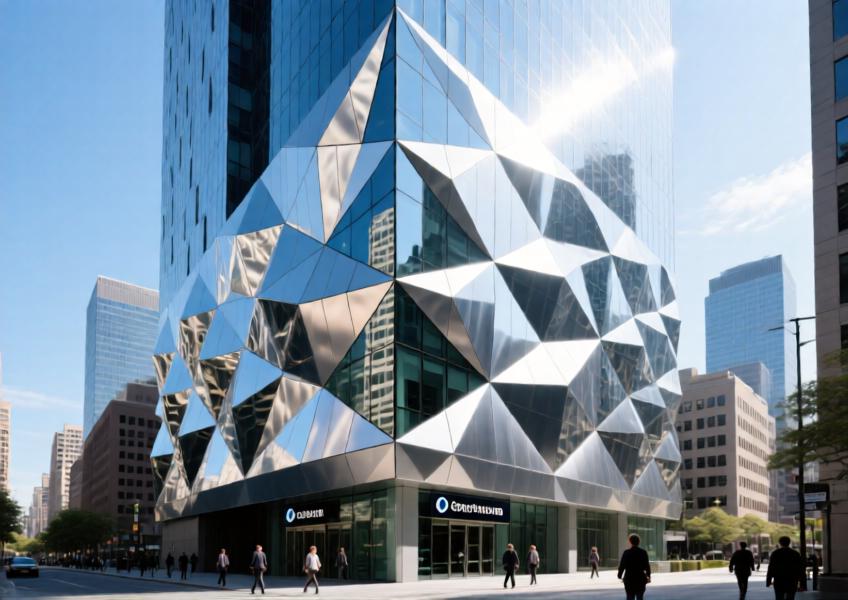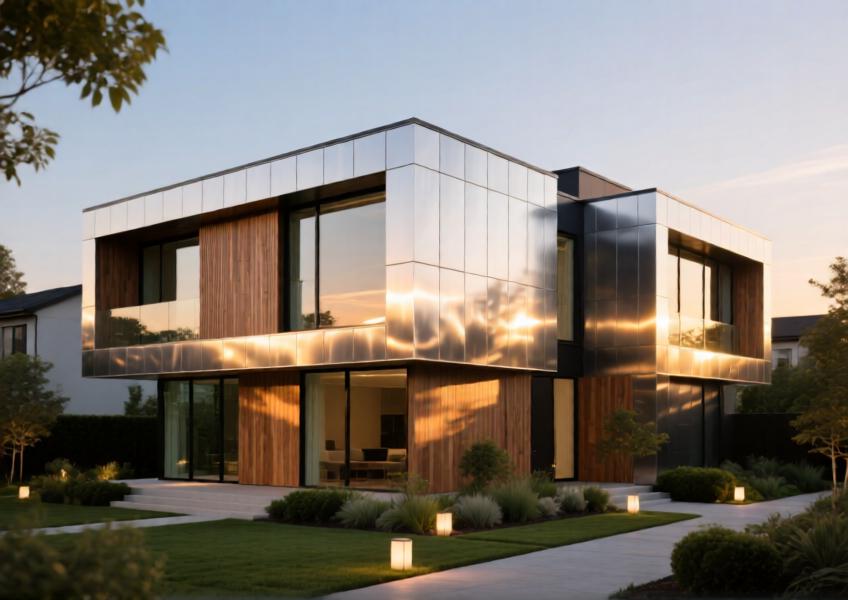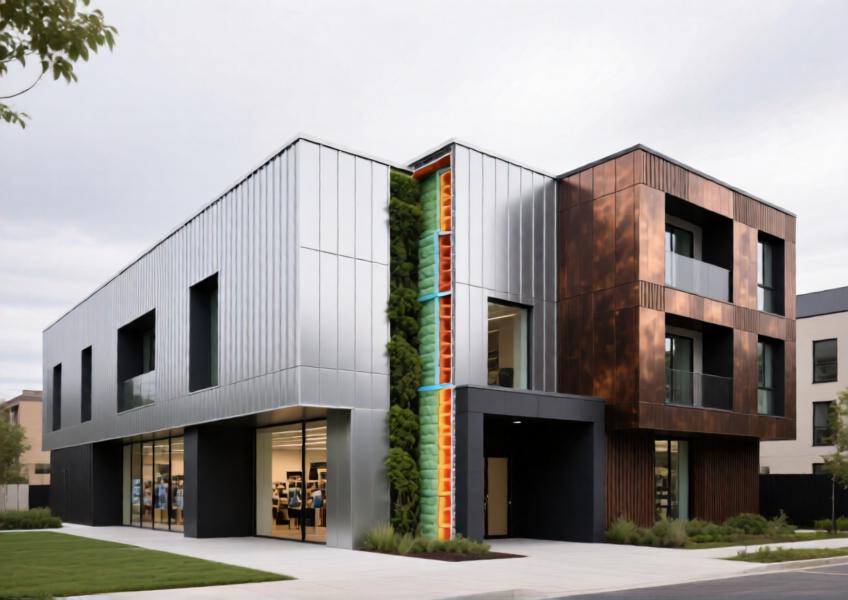

In the evolving landscape of architectural design, the integration of functionality and aesthetics has become a hallmark of modern construction. One of the most transformative elements in this pursuit is aluminium external wall cladding, a solution that seamlessly bridges structural performance with visual elegance. From sleek commercial towers to high-end residential developments, its versatility has made it a go-to material for architects aiming to push creative boundaries without compromising durability.

Aluminium external wall cladding stands out for its remarkable adaptability across diverse building typologies. Unlike traditional materials, it can be precision-engineered to meet exacting specifications, offering a lightweight yet robust alternative that enhances energy efficiency and weather resistance. In commercial settings, such as urban office complexes or retail hubs, its ability to be molded into dynamic shapes allows for striking façades that capture attention while maintaining structural integrity against environmental stressors.
What makes aluminium external wall cladding particularly appealing in high-end residential projects is its capacity to harmonize with other materials—stone, glass, and wood—creating layered, textured exteriors that reflect personal taste and architectural sophistication. Developers are increasingly leveraging this material to craft luxury living spaces that not only stand out visually but also offer long-term value through minimal maintenance and superior resilience to corrosion and fading.

A prime example of its impact can be seen in recent mixed-use developments where aluminium external wall cladding has been used to define distinct zones within a single structure. By varying panel finishes and profiles, architects have successfully differentiated public and private spaces, enhancing both identity and functionality. This nuanced application demonstrates how a single material can serve multiple design objectives without sacrificing cohesion.

Moreover, sustainability has become a critical consideration in contemporary architecture, and aluminium external wall cladding delivers in this arena as well. Its recyclability, combined with thermal break technologies, contributes to reducing a building’s carbon footprint while improving insulation performance. As urban centers strive for greener building standards, this material proves to be not only a design asset but also an environmentally responsible choice.
In essence, the rise of aluminium external wall cladding reflects a broader shift in architectural priorities—where innovation meets elegance, and performance aligns with aesthetics. As design demands continue to evolve, this material remains at the forefront, enabling architects to reimagine the built environment with confidence and creativity.